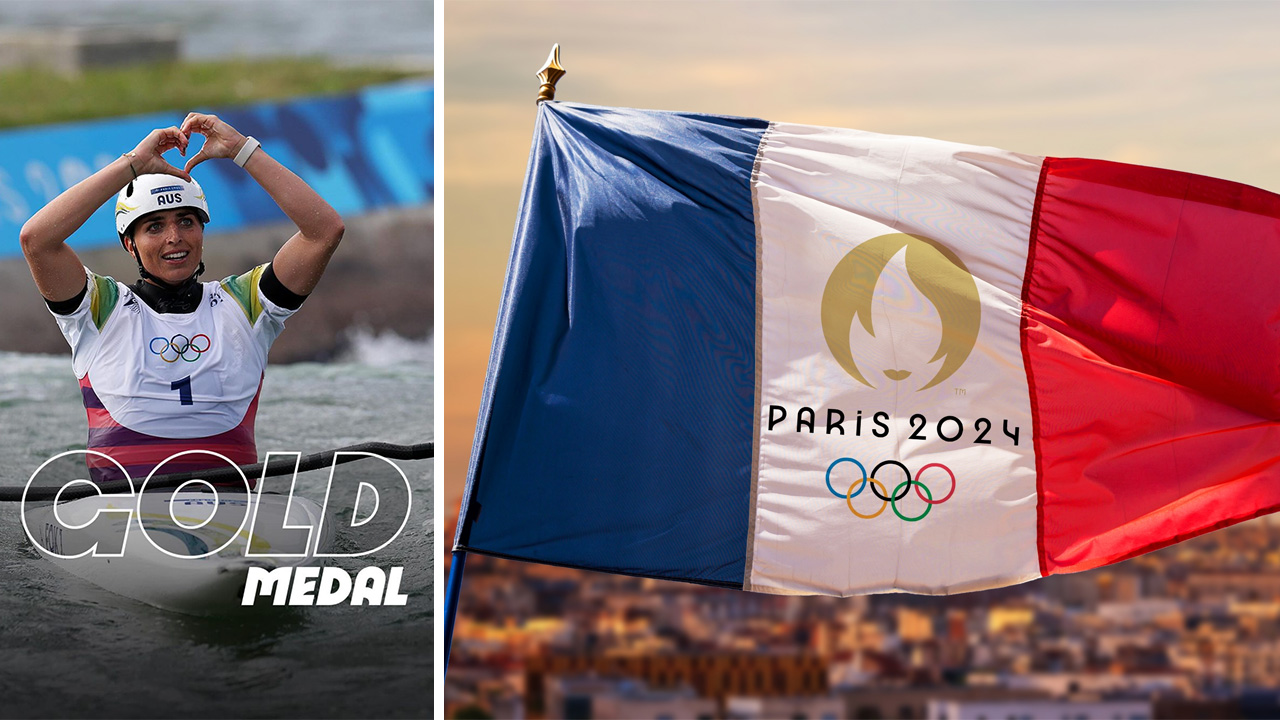Fighting for change: how much cash Olympic medallists actually win at Paris 2024

As the world soaks up the glitz and glamour of Paris 2024, athletes are not just eyeing the podium – they're also thinking about the cash they might pocket. Or, in some cases, the cash they might not pocket. Because while the Olympics is a billion-dollar spectacle, the earnings for athletes can range from princely sums to pocket change.
Australia: A Gold Medal and a Discount Coupon
Let’s start with the Aussies. Winning gold at the Olympics might be the pinnacle of an athlete's career, but for Australian athletes, it also means... $20,000. Yes, you heard that right. In a land where a house deposit will likely cost you a LOT more, Aussie Olympians are basically getting paid in Monopoly money. Silver and bronze medalists get $15,000 and $10,000 respectively. That's enough for a decent holiday, but you might still need a GoFundMe for the flights.
Singapore: the million-dollar carrot
On the other end of the spectrum, athletes from Singapore are practically diving into pools of gold – like Scrooge McDuck, but in real life. A gold medal will earn them a staggering AU$1.13 million. That’s the kind of money that makes you forget about the gruelling four-year training cycle and instead think about which colour Lamborghini matches your national flag.
Hong Kong: fencing your way to riches
Hong Kong, not to be outdone, will reward its fencing champion Vivian Kong with AU$1.17 million for her gold. That’s enough to make you consider taking up fencing, even if you’re as coordinated as a baby giraffe.
Malaysia and Kazakhstan: cars and apartments
In Malaysia, winning athletes might not get cold hard cash, but they do get a new car. And in Kazakhstan, you can literally earn a place to call home – with more rooms depending on the colour of your medal. A gold gets you a penthouse, a silver a two-bedroom, and a bronze... well, maybe a studio with a view of the parking lot.
France: host with the most (ish)
The host nation, France, offers a more modest reward of $108,000 for a gold medal. That’s enough to cover a year's rent in Paris, or a really good wine collection. But let’s face it, in the land of fine dining, they might just spend it all on cheese.
New Zealand, Norway and the UK: the love of the game
Athletes from New Zealand, Norway and the UK? Well, they’ll have to make do with a pat on the back and a hearty “well done”, because there’s no financial incentive for winning a medal in these countries. Just the satisfaction of representing your nation, which, as any athlete will tell you, doesn't pay the bills.
The United States: the great divide
The US offers $37,500 for a gold medal, but that's chump change compared to the endorsement deals top athletes like swimmer Katie Ledecky pull in. She's reportedly earning $1 million a year from swimwear endorsements. Meanwhile, many other American athletes are scraping by, with some earning less than $15,000 a year. That's barely enough for a year's supply of Weet-Bix, let alone world-class training.
Jamaica: sharing the love
Jamaica’s Olympic team will share a pot of about AU$3,500 each, regardless of their results. It's the ultimate participation trophy – except it’s not enough to buy a trophy, or even a decent pair of running shoes.
World Athletics: the global jackpot
World Athletics is offering a $3.6 million prize pool for track and field events, with $76,000 per gold medalist. It's a model that some athletes, like Australia’s Arianne Titmus, think other sports should follow. After all, nothing says “thank you for your hard work” like a big, fat cheque.
So, whether they’re racing for millions or just a modest thank you, athletes at Paris 2024 will be giving it their all. Because at the end of the day, it's not just about the money. It's about the glory, the honour, and ... well, okay, it’s mostly about the money.
Images: Instagram \ Shutterstock
